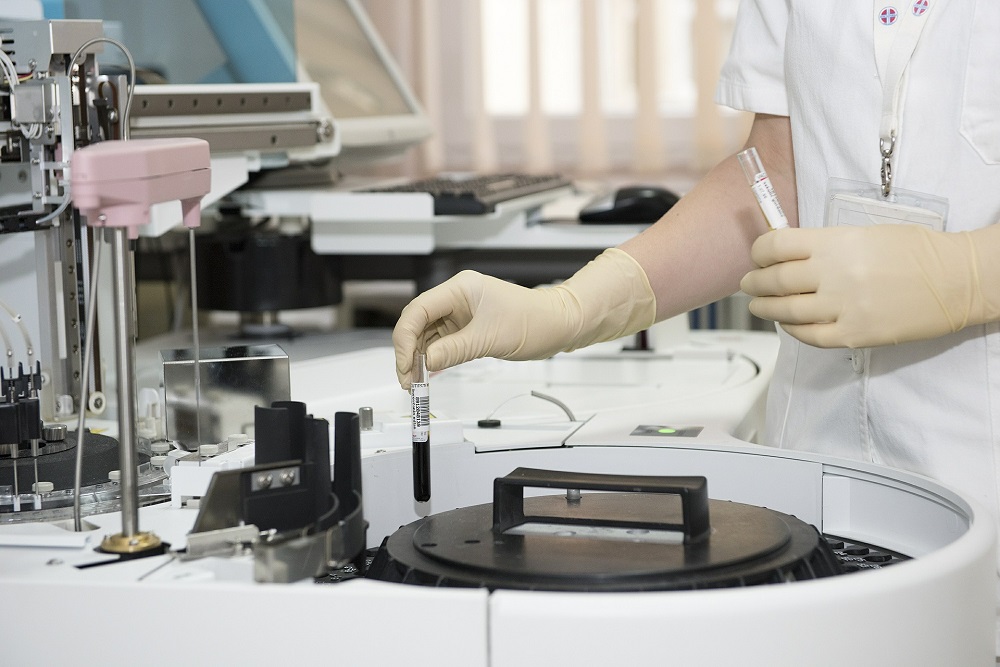CRISPR, one of the most important scientific developments of the twentieth century, is continuing to make new strides, as scientists can now cut and splice whole chromosomes, instead of just single genes.
This discovery comes just weeks after a research team from ETH Zurich successfully developed a method to use CRISPR for multiple gene editing.
In a report published by scientists Kaihang Wang, Daniel de la Torre, Wesley E. Robertson, and Jason W. Chin, the researchers detailed that through exploring a number of tools in combination with CRISPR they were able to modify and separate an E.coli genome into different chromosomes.
CRISPR improvements are a huge step forward
So far, CRISPR is the only effective method for gene editing, and the more it’s being improved, the more medicine will improve as well.
Some of the worse and untreatable conditions known to humans are caused by genetic mutations or inherited. CRISPR has the potential to revolutionize medicine, as the isolation of a whole chromosome can significantly increase the chances of irradicating some of the most dangerous genetic conditions.
The constant developments and improvements of gene editing and modification are a ray of hope for many sick people all over the world. Gene modification can not only save lives but allow people not to pass on mutated genes to their children.
According to Anne Meyer, a biologist at the University of Rochester, this paper is enormous news for scientific societies all over the world, as it gives researchers new grounds for exploration.







